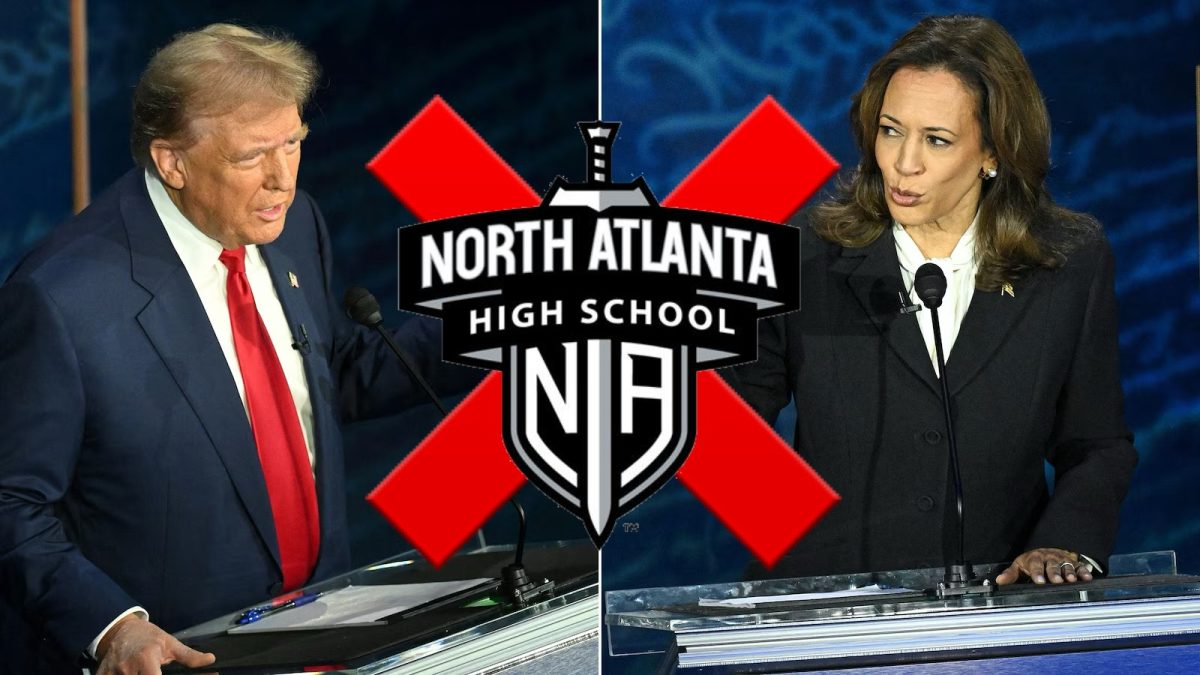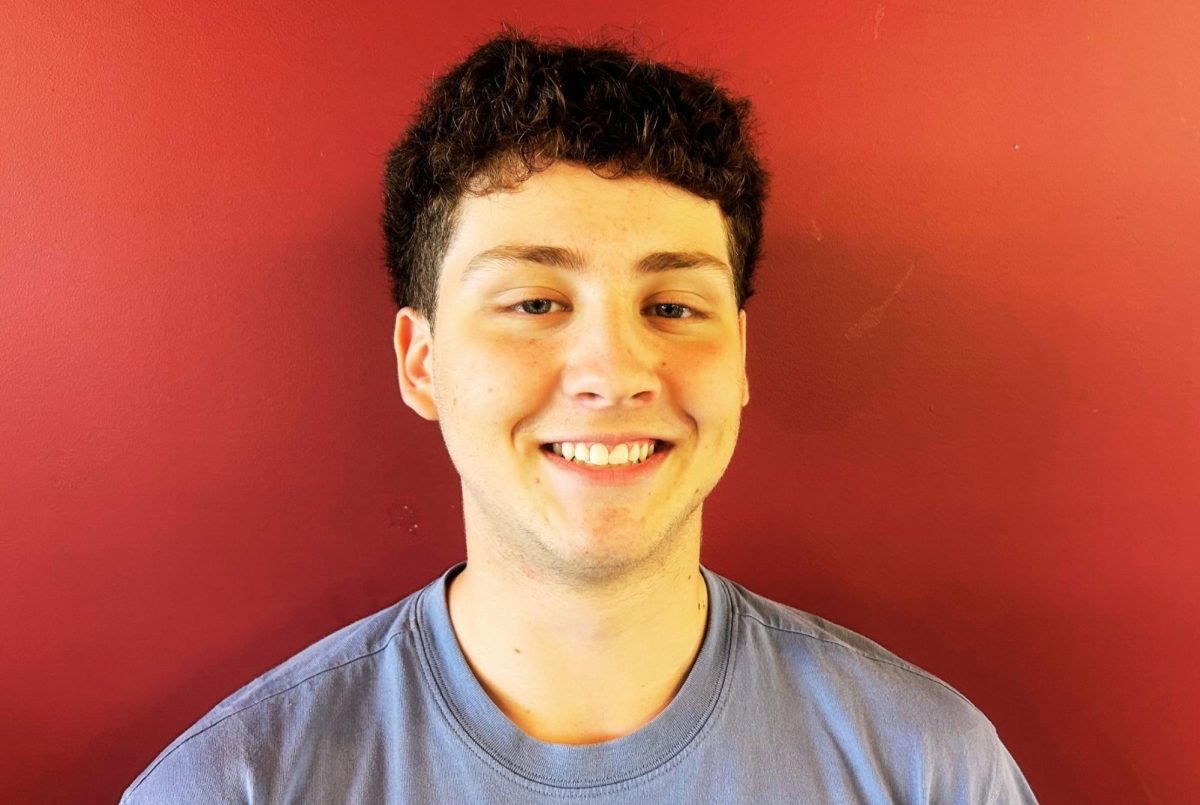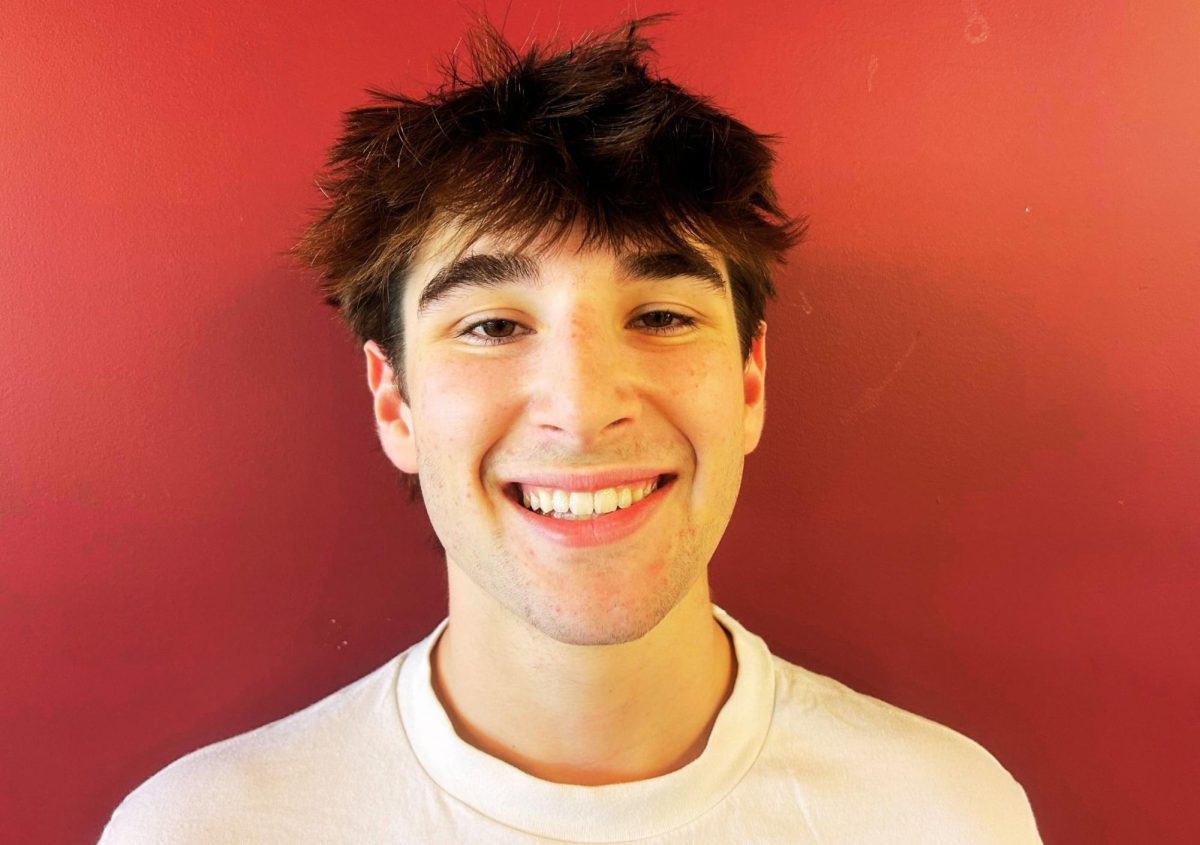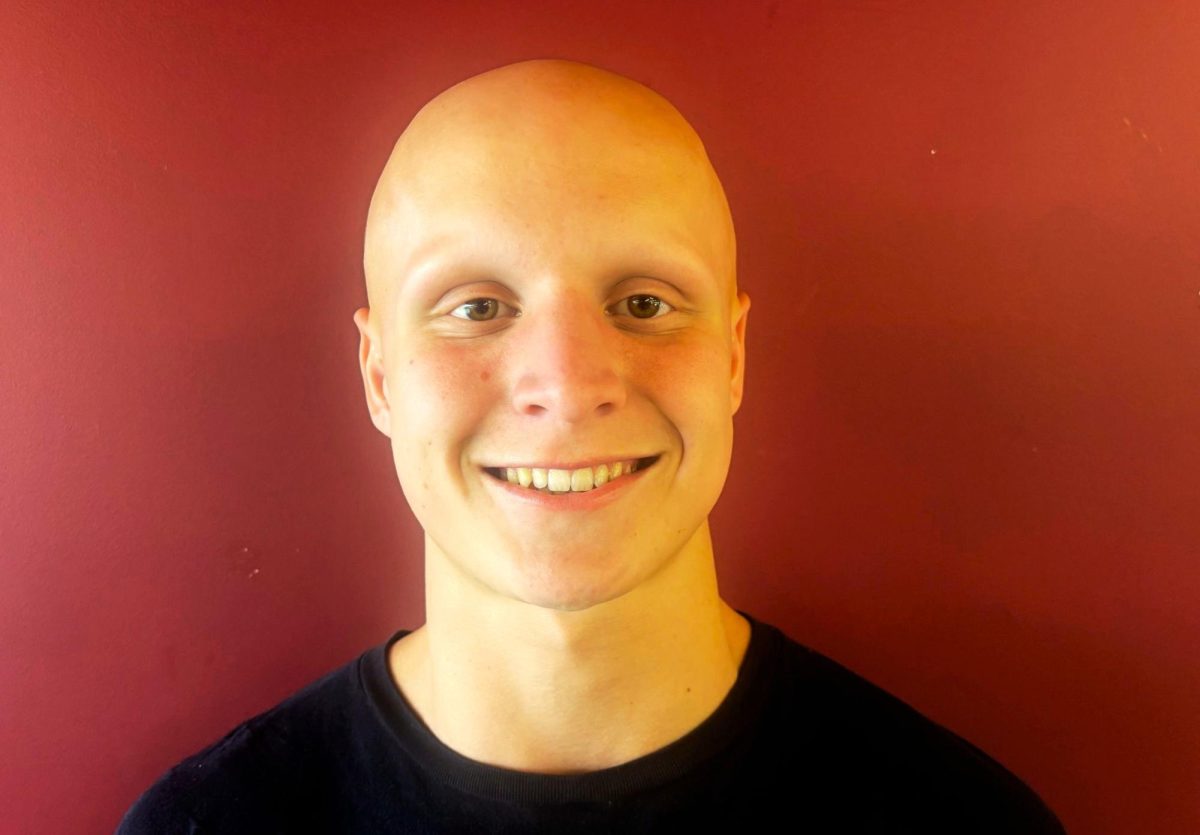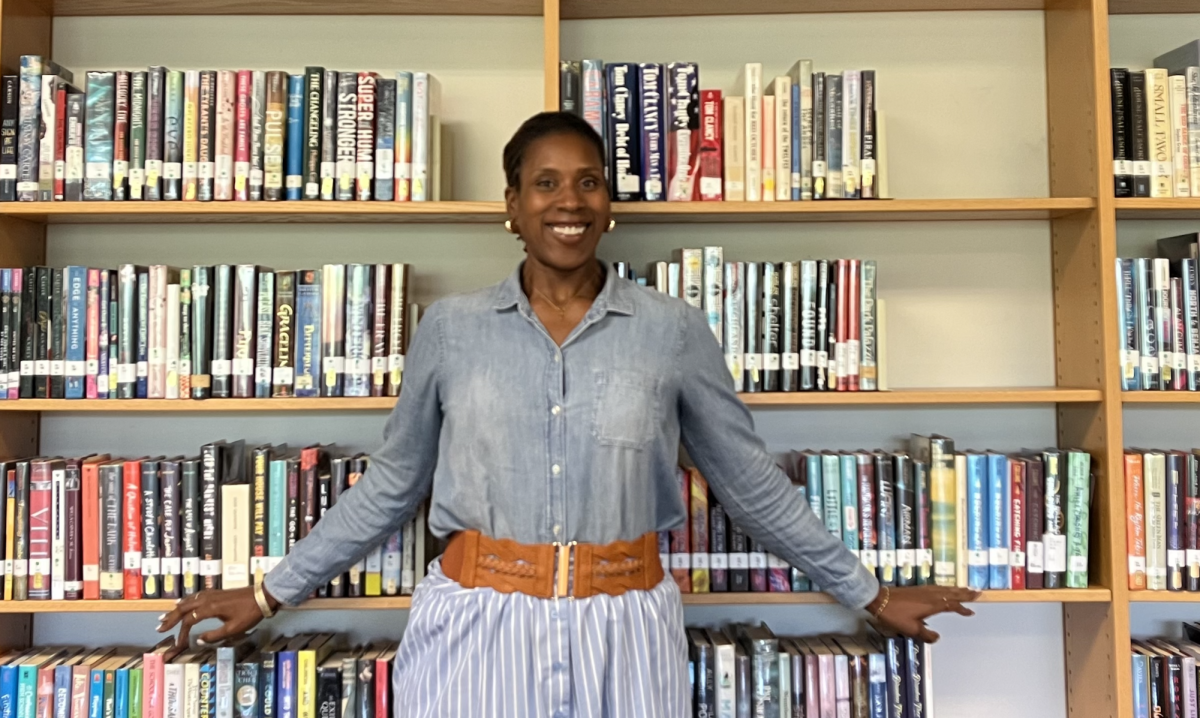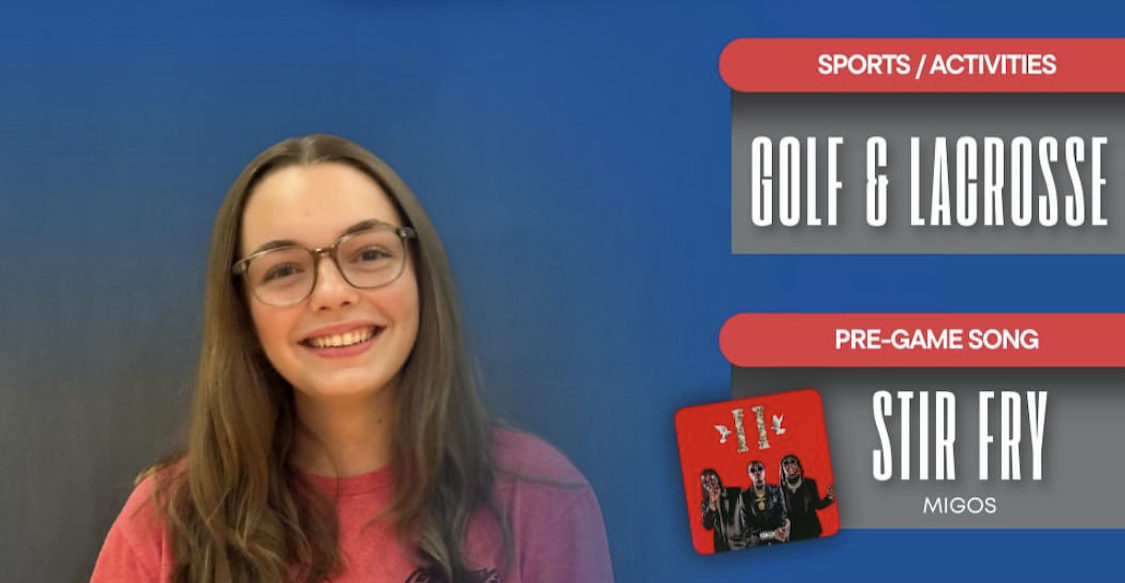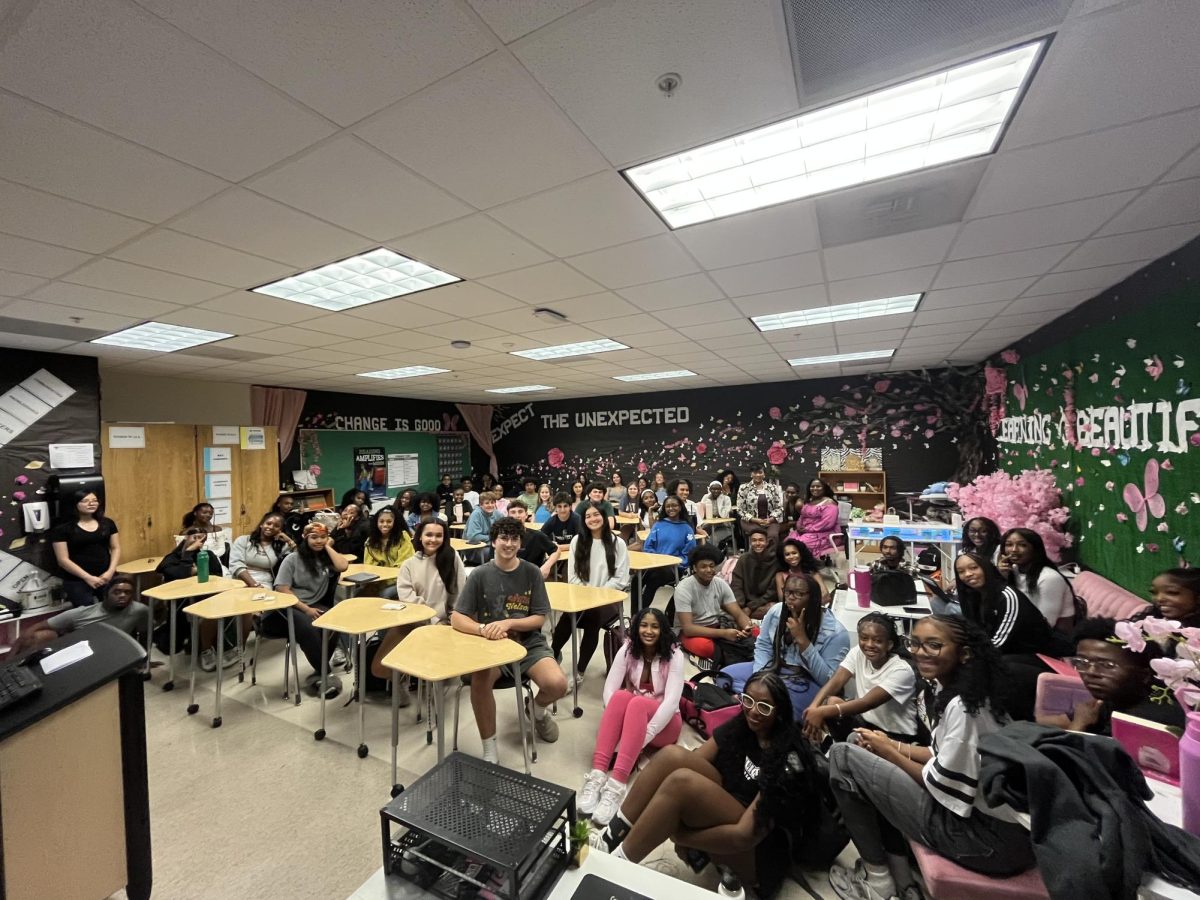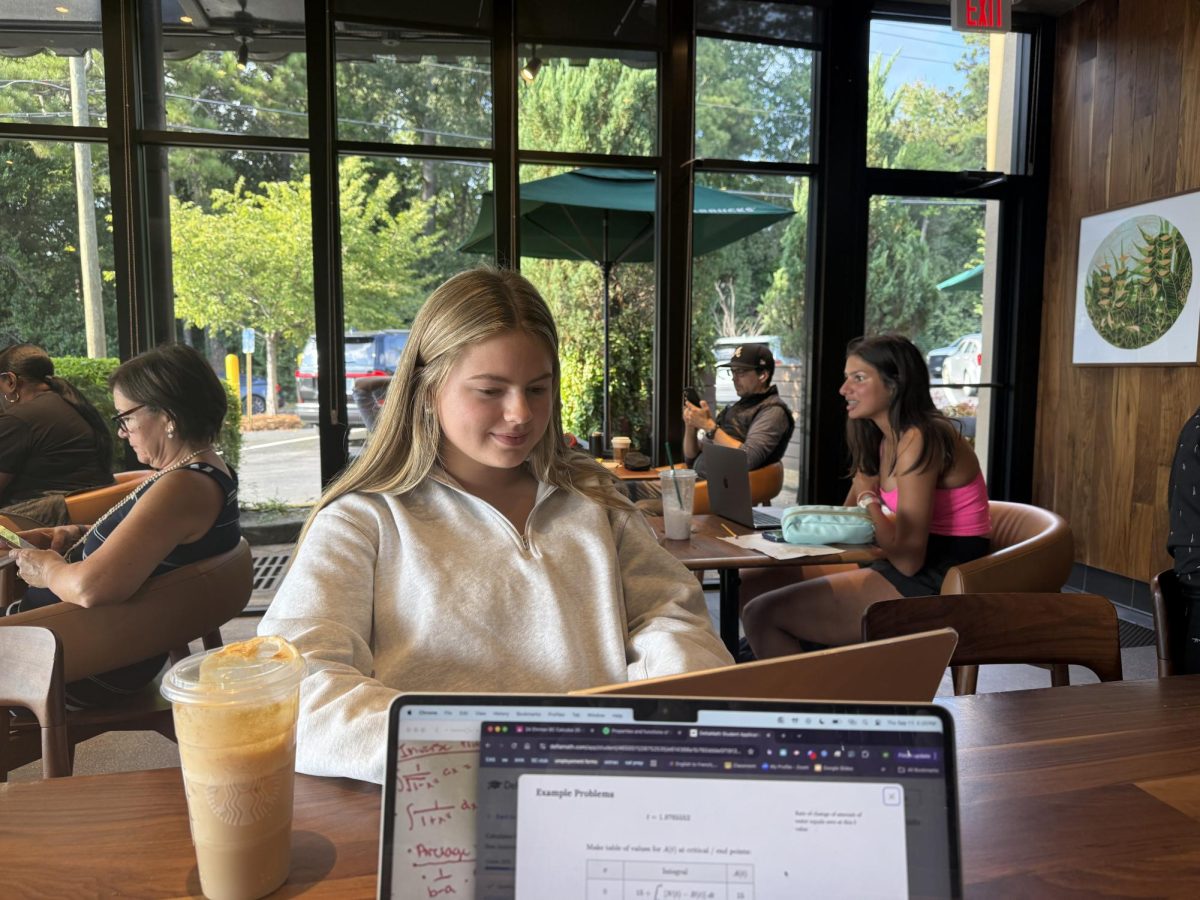November 5th was a day. That’s it, we’ll take the liberty of short-stopping there. No adjectives, no embellishments, no praises nor grievances: America has welcomed its next head of state, and in the eyes of NAHS, a public institution that exercises a fundamental degree of apoliticism, there’s nothing more to be said on the matter.
‘Apoliticism’ is defined as the “apathy/disinterest in all political matters,” and while it can be taken at face value as a philosophy or personal way of life, it’s also largely viewed as standard workplace policy. In order to maintain amicable professional environments, talks of politics, religion, and “I’m-about-to-express-a-really-irrelevant-opinion” POVs are encouraged to be kept at an absolute minimum (and, surprise surprise, schools are no exception).
When it comes to North Atlanta, administration has made it crystal clear that students and staff are encouraged to value self-expression, but a healthy amount of school-policed regulation is expected in order to keep the peace. Many teachers have welcomed this rule with open arms considering the most recent events in the political stratosphere. Others, while still understanding, have recognized the inherent flaws in an unconditionally apolitical system, especially within schools. Current affairs classes are uniquely affected by this rule, as politics play an integral role in relevant social interactions, history, and public policy discourse. World Affairs teacher Shandie Everett, known for her Socratic-style group discussions, expressed how the flow of her curriculum had to adapt in order to meet requirements set by the district. “It’s a conflict of interest.” Everett states. “I understand why we need such a policy, but students should have the flexibility and worldly understanding to discuss topics like this civilly.”
For more context, post-election results, teachers, faculty, and staff were urged to remain uninvolved and save all the political shoptalk for dinner. The re-election of Former President Trump stirred a hotbed of emotions, and the outcome served as a nominal reminder that almost every school in America abides by some sort of statute that keeps teachers from conflating the line between relevant and opinionated in-class conversations. Having students (and teachers) openly discuss politics, political orientation, and/or unsolicited personal opinions in class could serve to create major divides and changes in classroom dynamics. Relationships could be destroyed, trust could be deviated, and above all, there would no longer be an objective presentation of necessary academic content.
So while NAHS is to remain apolitical on all pedagogical topics (aka anything that involves the teaching process), members of North Atlanta will continue to have, enable, and stimulate opinions relating to politics- in private or otherwise. And with events of the ‘24 election, NAHS now possesses a cornerstone sign for newer, perpetually changing policies to come.


